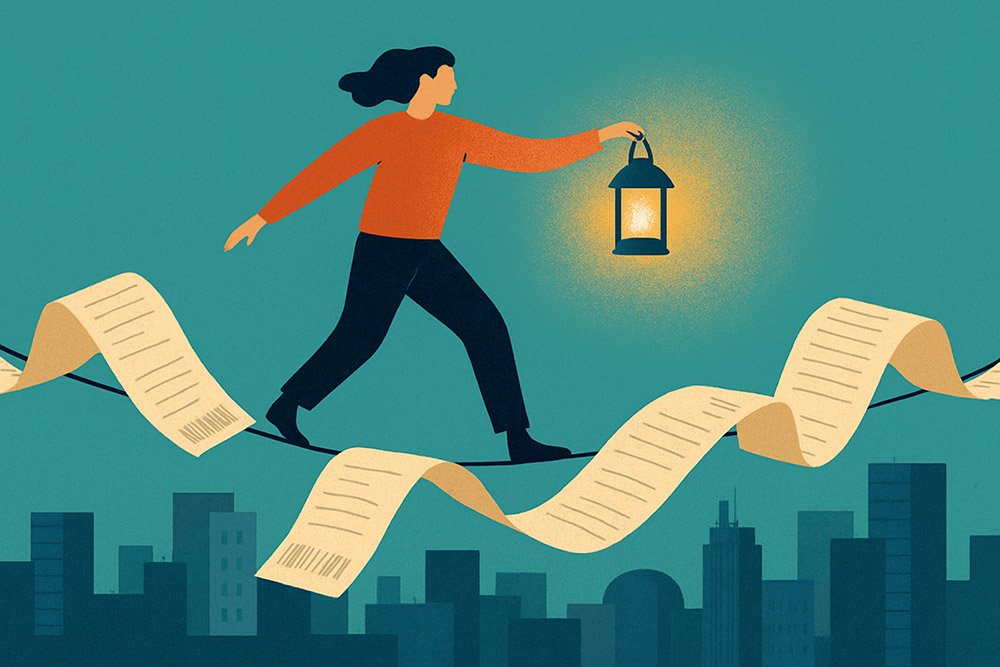Table of Contents
When you purchase through links on our site, we may earn an affiliate commission.
Introduction: When Good Health Feels Out of Reach
Modern life requires the proper tools to manage stress. Today’s life is akin to a juggling act with an overwhelming number of balls in the air. Work demands spill into evenings, phones incessantly ping with notifications, groceries are becoming more expensive, and stress levels are silently accumulating. In this scenario, health, which should be a top priority, can start to feel like a luxury.
But here’s the truth: you don’t need expensive gym memberships, elaborate routines, or miracle supplements to reclaim your health. You can create wellness in small, sustainable steps. By focusing on the basics, such as managing stress, improving sleep, eating well on a budget, staying active, and maintaining mental clarity, you can create a foundation of resilience even in an overloaded world. These strategies are not only simple but also affordable, alleviating any financial stress along your journey to better health.
The Modern Stress Epidemic
Stress has become the background noise of daily life. According to surveys, stress and burnout are at record highs, driven by prolonged work hours, financial pressure, and constant digital overload. To manage stress we must acknowledge its negative impacts.

The cost of chronic stress:
- Higher risk of heart disease and hypertension.
- Weakened immune system.
- Sleep disturbances.
- Anxiety and depression.
We often tell ourselves we’ll “rest later,” but later rarely comes. Far from being a luxury, stress management is a necessity. Simple practices, such as journaling and breathing exercises, can help break the cycle of constant pressure. For more ideas, see Simple Stress Relief Techniques You Can Use Anytime.
Sleep: The Most Underrated Wellness Tool
Sleep, often overlooked, may be the single most potent factor in health. Without it, our bodies don’t repair, our minds don’t process, and our patience wears thin.
Signs you need better sleep:
- Relying heavily on caffeine.
- Brain fog or memory lapses.
- Irritability and low mood.
- Frequent colds or weakened immunity.
Tips for better sleep hygiene to manage stress:
- Set a consistent bedtime, even on weekends.
- Create a wind-down routine (reading, light stretching, journaling).
- Limit screens 1 hour before bed — blue light disrupts melatonin.
- Keep your room cool, dark, and quiet.
Sometimes, small environmental changes can make a significant difference to manage stress. For example, see 17 Best Products for Comfortable Sleep & Waking Up Refreshed.
Nutrition When Time and Money Are Tight
Eating well often feels like an uphill battle when food prices rise and schedules remain busy. But nourishing meals don’t have to be complicated or expensive, and proper nutrition will help to manage stress.
Budget-friendly staples:
- Oats, rice, beans, and lentils.
- Frozen vegetables (nutritious and affordable).
- Nuts for protein.
- Seasonal produce, when available.
Simple swaps:
- Water or herbal tea instead of soda.
- Homemade oats instead of sugary cereal.
- Bulk cooking instead of takeout.
Meal prep basics:
- Choose 1–2 cooking days each week.
- Prepare staples like rice, beans, and roasted vegetables.
- Store in containers for quick grab-and-go meals.
Eating better on a budget is possible and can help you mange stress; it just requires planning.
Movement Without Gym Memberships
Many people believe that fitness requires expensive gyms, personal trainers, or the latest wearable devices. In reality, the human body thrives on consistent, simple movement.
Ways to move affordably:
- Walking: a daily 20–30 minute walk reduces stress and boosts heart health.
- Bodyweight workouts: push-ups, squats, planks require no equipment.
- Online resources include YouTube fitness channels, free yoga apps, and home workout PDFs.
- Active hobbies: gardening, dancing, hiking.
Mindset shift: Instead of “I need to work out an hour a day,” think: “I’ll move for 15 minutes.” Over time, small habits compound.
Digital Overload and Mental Health
Technology connects us, but also overwhelms us. Constant notification pings, endless scrolls, and comparison culture on social media erode mental well-being.
Digital overload symptoms:
- Feeling drained after scrolling.
- Comparing your life unfavorably to others.
- Trouble focusing without checking your phone.
- Difficulty winding down before bed.
Boundaries to protect mental health:
- Schedule screen-free hours (e.g., the first hour after waking or the last hour before bed).
- Use app blockers to limit your social media use.
- Turn off non-essential notifications.
- Replace one scrolling session with a walk, journaling, or conversation.
Protecting your mental health is as vital as safeguarding physical health.
Building Daily Micro-Habits
Big health goals often collapse under their own weight. Micro-habits, small actions stacked into your daily routine, are the antidote.
Examples of micro-habits:
- Stretch for 2 minutes while coffee brews.
- Drink a glass of water before each meal.
- Write down one thing you’re grateful for before bed.
- Take the stairs instead of the elevators whenever possible.
This approach mirrors James Clear’s Atomic Habits, which suggests that fundamental transformation comes from consistency, not intensity. Pairing micro-habits with a morning practice can also help. See Simple Morning Routines to Boost Your Energy.
Community and Accountability
Health is easier when we don’t do it alone.
Ways to build support:
- Join a walking or running group.
- Cook healthy meals with family or friends.
- Utilize apps that track progress and facilitate community support.
- Share your goals publicly for accountability.
Community creates motivation and helps habits stick.
When to Seek Professional Help
Sometimes self-help isn’t enough. If stress, poor sleep, or unhealthy habits are significantly impacting your life, seeking support is a wise decision.
Options:
- Telehealth appointments for therapy or medical check-ins.
- Sliding-scale counseling services.
- Nutritionists or wellness coaches for guidance.
Red flags to seek help immediately:
- Persistent fatigue despite rest.
- Severe anxiety or depression.
- Rapid weight gain or loss.
- Feeling unable to cope with daily tasks.
Conclusion: Health as a Foundation for Resilience
In an overloaded world, it’s easy to put health on the back burner, but it’s precisely what allows us to handle everything else. Wellness requires creating steady, sustainable habits that restore balance and build resilience, rather than constantly striving for perfection.
Stress, poor sleep, unhealthy eating, and digital overload won’t vanish overnight. But step by step, with compassion for yourself, you can build a foundation of strength. Your body and mind are your greatest assets. Treating them with care is the best investment you’ll ever make.








